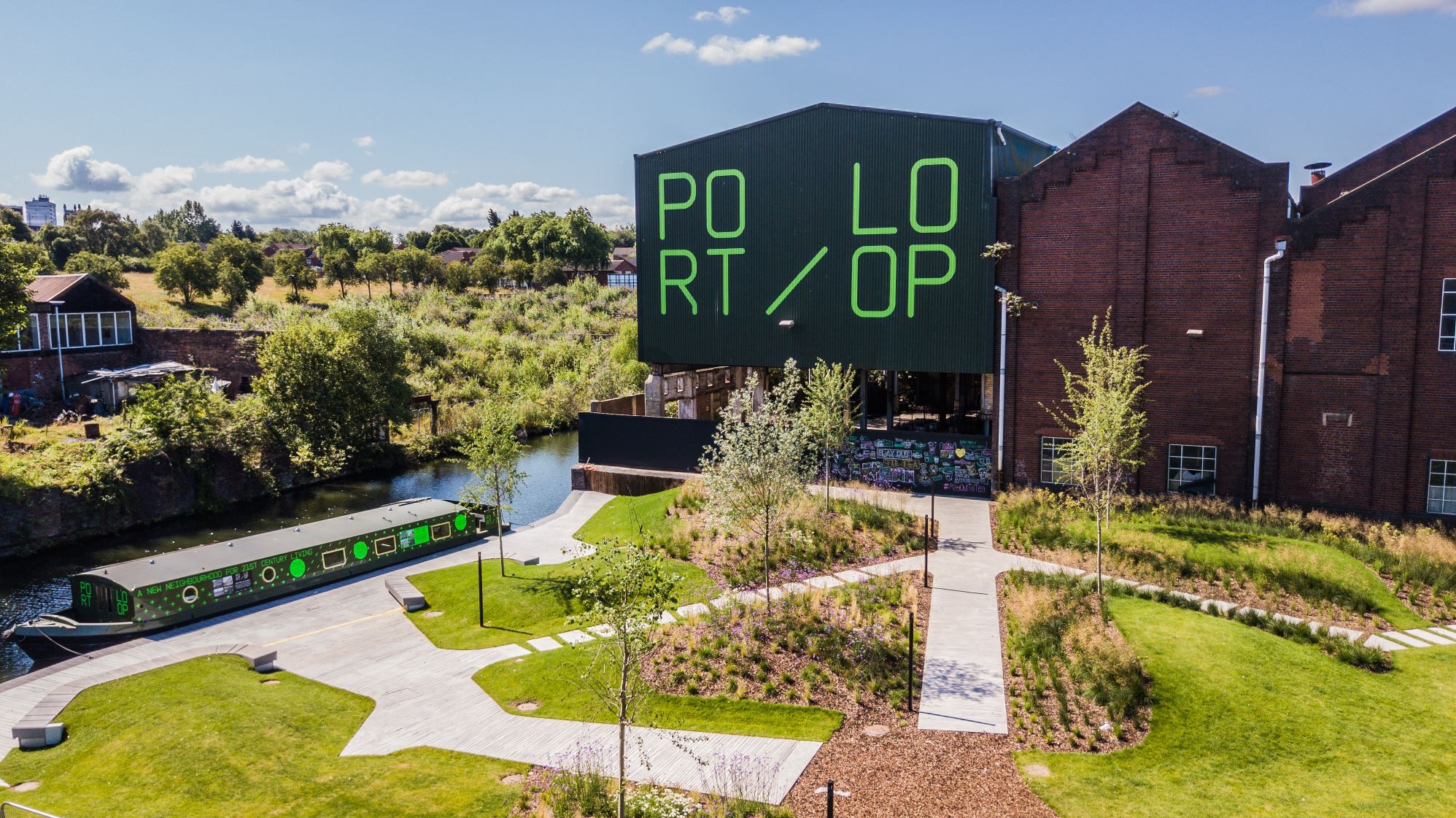The regeneration game: creating great places
Urban Splash's development, Park Hill, Sheffield. A Brutalist, concrete icon, and the largest listed building in Europe.
The new government has signalled ambitious plans to address the UK’s longstanding housing supply challenge. But how can we ensure those homes are part of sustainable and prosperous communities? PoliticsHome sat down with Julian Curnuck, CEO of regeneration specialist Urban Splash, to learn why he believes regeneration should be front and centre of the government’s approach.
 Julian Curnuck,
Julian Curnuck,
CEO, Urban Splash
In the lead-up to the recent general election, housing was high on the political agenda. Spiralling prices and rents, a planning system that has acted as a brake on delivery at scale, and the need to meet challenges around net-zero, have all featured in policy debates.
The new government is now in place with a pledge to deliver 1.5m homes and overhaul the planning system. The challenge now is how different partners work together to translate those manifesto promises into action.
Few understand that challenge better than Julian Curnuck, CEO of Urban Splash, an established developer that has spent 30 years delivering award-winning regeneration schemes. He told PoliticsHome that commercial developers like his stand ready to work with partners to deliver transformational change.
“I've seen the headline plans and I like the ambition,” he told PoliticsHome, referring to the pledges contained in Labour’s manifesto. However, Curnuck also cautioned that unlocking the capacity of businesses like Urban Splash must start with a real understanding of the challenges that developers face.
“There has to be a realism that an increase in housing and successful regeneration will in large be delivered by the private sector,” he explains. “If we are to do that, then what we need is clarity on just what is expected of us.”
Like many industry experts, Curnuck is keen for politicians to provide leadership to enable the emergence of a more “pro-development conversation.” He also highlights the need for policymakers to address some of the current challenges he and others have identified in the planning system which are constraining the ability to deliver homes at the scale.
“From the private sector’s point of view the issue is always planning,” he explains. “There is nobody involved in our industry that isn't crying out for change. The increasing complexity and inconsistency across local authorities is creating a climate of uncertainty. That drives costs and limits risk-taking.”
When it comes to unlocking private sector capacity, Curnuck points to learning from countries such as Japan that have successfully found ways to accelerate supply, for instance by providing clarity to developers through zoning. It is a model that he believes could provide a helpful model for UK policymakers.
“There are plenty of places in the world we can point to where they have zoned housing,” he explains. “They just get on with it. They don't have the problems that we have.”
Curnuck also highlights the way that inconsistency and complexity in the planning system are impacting in other ways, for instance limiting the use of Modern Methods of Construction (MMC). He argues that current barriers mean that the UK is missing out not just on increased supply but a host of other benefits such as more sustainable homes and jobs in the supply chain.
“If we are serious about accommodating MMC, then our planning system needs to change,” he says. “When you see it elsewhere in the world, it delivers homes faster, it’s more sustainable and you also create new industries. I just think it's a big, missed opportunity.”
However, Curnuck is equally clear that while accelerating numbers is essential, there also needs to be a wider awareness of the specific challenges, and benefits, that are associated with regeneration. It is a subject he is hugely familiar with. Urban Splash has established a strong reputation over the past three decades for transforming the use of iconic buildings and cultural assets in a way that has acted as a stimulus for wider change within communities.
 Urban Splash's development, Port Loop, Birmingham. Birmingham's award-winning island community.
Urban Splash's development, Port Loop, Birmingham. Birmingham's award-winning island community.
The impact of successful regeneration often takes decades to be realised, and Curnuck returns to the need for clarity and consistency to make it more viable for private and public investors to support schemes over a longer-term period.
“Successful regeneration doesn't happen overnight. It’s a long game,” he tells PoliticsHome. “Consistent commitment is key. You don't often get quick wins but longer-term gains are there to be had.”
That longer-term time horizon is critical when it comes to the public funding which is essential if the resources and expertise of private sector partners are to be unlocked.
“Public funding needs to be sufficient to achieve momentum because without it the private capital doesn't come along,” he argues. “Private capital is not going to come first. It'll come second every single time, particularly on regeneration.”
But Curnuck is also acutely aware of the impact that public sector bodies can have beyond finances. He has seen firsthand the difference that bold and consistent political leadership can provide at a local level. During our conversation, he repeatedly describes regeneration as a “team game” where different sectors and partners each bring a unique set of assets and expertise to the table.
“Everything we do at Urban Splash is done in partnership. It is the most important thing,” he tells us. “There has to be a shared vision and a genuine commitment because that provides the stability we need to invest.”
As the nation moves into a new policy environment and seeks to deliver a generational step-change in housing delivery, there are new opportunities for collaboration and impact. And Curnuck is clear that, unless that happens, then the nation as a whole will ultimately pay a heavy price.
“If we don't do this, then housing will be unviable,” he says. “If we don’t build at pace and volume, we will be left with housing stock that is old, not sustainable, expensive, and cramped. And if that happens, we have only got ourselves to blame.”
